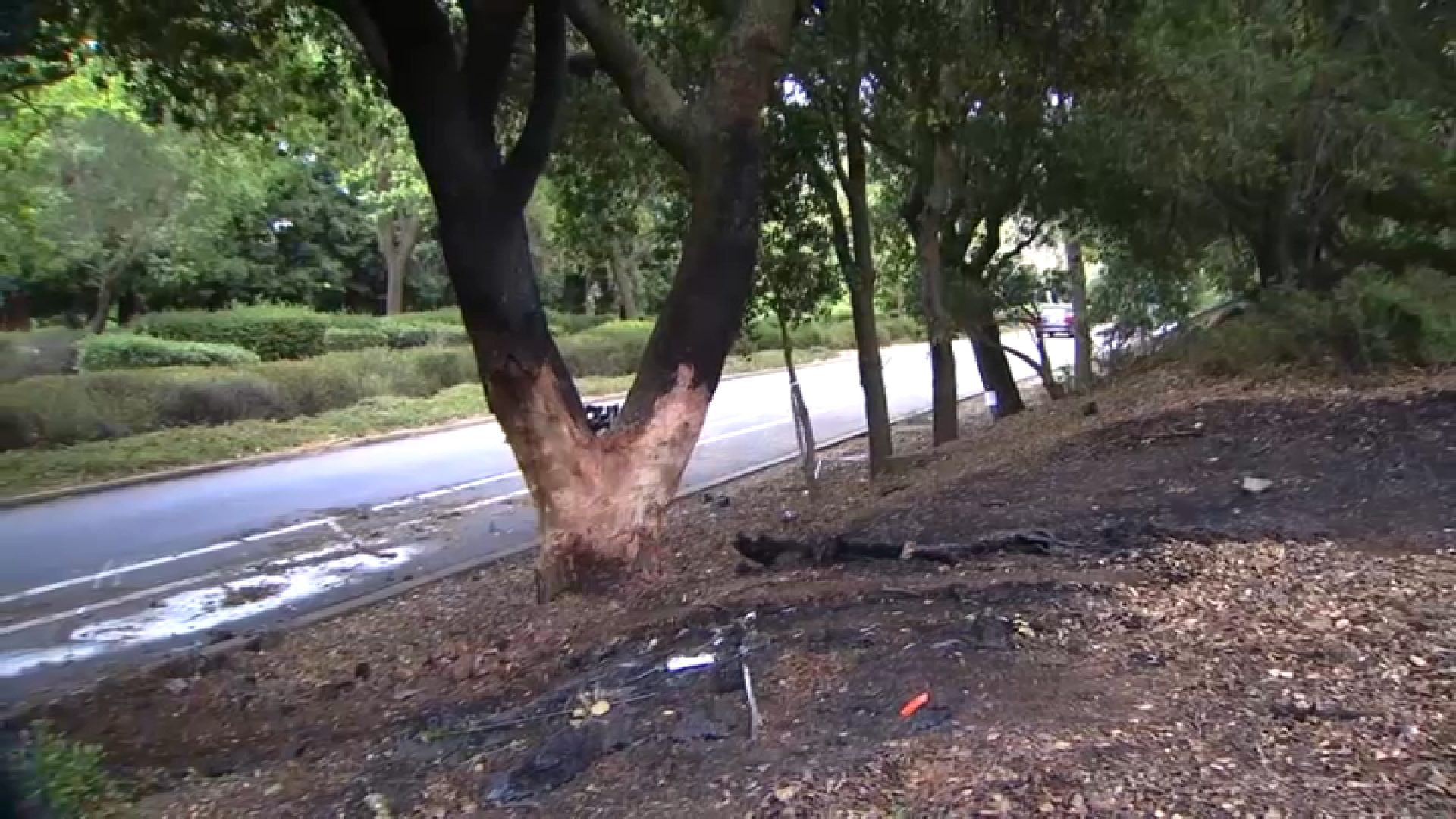State Attorney General Jerry Brown charged two Sonoma County men and a Redding man with "callously swindling" more than 1,000 individuals in a $200 million Ponzi scheme.
Gary T. Armitage, 59, of Healdsburg, Jeffery A. Guidi, 54, of Santa Rosa and James Stanley Koenig, 57, of Redding were arrested Thursday night. Guidi and Armitage were still in the Sonoma County jail under $5 million bail.
Evan Westrup, a spokesman for the attorney general's office, said the men will remain in the county jail until they are arraigned next week in Shasta County Superior Court in Redding where the complaint was filed. Koenig is being held in the Shasta County jail, Westrup said.
Brown said among those who were "swindled" to bankroll the defendants "extravagant lifestyles" are many retirees who lost their life savings.
"They took investors' money and used it to pay for an 80-acre castle estate, a Lear jet, luxury homes and fancy cars," Brown said in a news release.
"The Ponzi scheme ultimately collapsed under its own weight, causing hardship to thousands, many of whom were retirees who lost their life savings," Brown said.
The defendants created a network of more than 55 business ventures over a period of 10 years to keep the Ponzi scheme afloat, Brown said.
Local
The defendants allegedly began peddling construction and real estate projects and other "investment opportunities" across California in 1997.
Investors were promised these were safe, secure, low-risk investments with double-digit returns averaging 12 percent, Brown said.
Armitage recruited the victims by organizing "investment planning seminars" targeting retirees in the Bay Area and state, according to Brown.
Californians invested sums ranging from $50,000 to more than $1 million and some victims turned over their entire retirement portfolios and savings accounts, Brown said.
But many of the construction and real estate projects were allegedly poorly managed, were not financially viable resulting in huge losses, were left unfinished or ended up in foreclosure.
Investors were not informed about the failures and the defendants sought new investors whose money was used to offset losses and pay returns to earlier investors, the attorney general's office said.
The defendants withheld vital information, including past business failures and Koenig's 1986 federal fraud conviction, that impacted investment decisions, Brown said.
With double-digit returns and no knowledge of the investment failures, most investors kept their money in place and invested in new projects, Brown said.
Beginning in 2001, Koenig, Armitage and Guidi redirected investors' millions into the purchase of more than 20 senior and residential care facilities in California, including ones in Vacaville and San Leandro, and in five other states, according to Brown.
Under this scheme, the defendants would purchase an assisted living facility and sell it to one of their affiliate companies, Brown said. The affiliate would allegedly sell the ownership shares in the property as an "investment opportunity" at an even higher price to new investors.
Meanwhile, an additional affiliated company would manage the property to maximize revenue, Brown said.
Revenues, however, were not reinvested into the facilities but were pooled and used to pay interest to investors and keep investors at bay, Brown said.
The Ponzi scheme began to collapse under a mountain of debt in April 2007 and the defendants were unable to pay interest to investors, Brown said.
But the trio continued to solicit new investors to keep the operation alive and raised $23 million from 91 new investors, according to Brown. The defendants' business closed its doors in June 2008, Brown said.
Over 10 years the investors siphoned fees, revenues, and profits from their business ventures for their personal benefit, using the funds to purchase an 80-acre castle, a Lear jet, luxury vehicles, lavish vacations, and expensive wine and art, Brown said.
Koenig is charged with 40 counts of securities fraud and 37 counts of residential burglary by meeting and soliciting investors in their homes.
Armitage is charged with 42 counts of securities fraud and 37 counts of residential burglary and Guidi is charged with 39 counts of securities fraud and 33 counts of residential burglary.
If convicted of all counts, each defendant could be sentenced to more than 100 years in prison, Brown said.
Anyone who believes they were a victim of the defendants' practices should contact the Attorney General's Office at (800) 952-5225.



